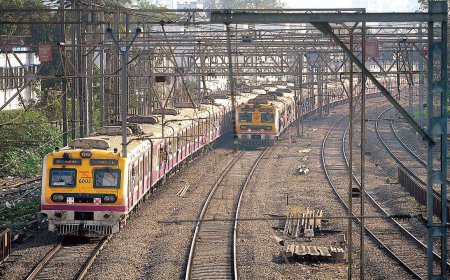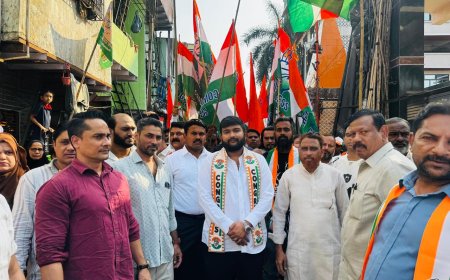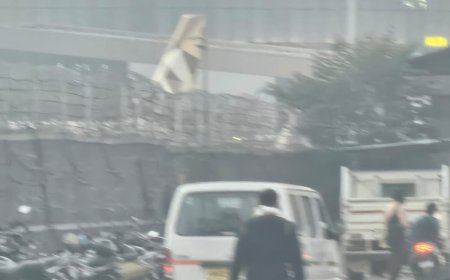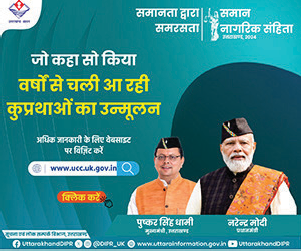Mumbai: Mumbai’s battle against air pollution might be more challenging than initially reported, with inconsistencies in air quality data raising alarm bells. Despite efforts by the Maharashtra Pollution Control Board (MPCB) and the Brihanmumbai Municipal Corporation (BMC) to improve monitoring, recent findings highlight gaps in the city’s air quality reporting.
A 2024 analysis of data from the city’s 30 air quality monitoring stations revealed missing or faulty readings, disrupting accurate trend analysis. Several monitoring stations, including those in Bandra Kurla Complex, Chakala, and Kandivali West, have been offline for extended periods or displayed “Insufficient data for computing AQI,” leading to concerns about the reliability of the city’s pollution statistics.
Air quality experts, such as Sunil Dahiya of EnviroCatalysts, pointed out that these gaps mean citizens may face dangerous air quality while relying on data that misrepresents the situation. Moreover, inadequate monitoring, particularly in high-risk areas like Borivali and Bandra, has affected the ability to target pollution sources and public health interventions effectively.
The Maharashtra government’s Mumbai Climate Action Plan (MCAP) calls for expanded air quality monitoring to better assess pollution hotspots, but significant steps have been delayed. Non-functioning AQI stations and discrepancies in data from various agencies (like IITM’s SAFAR stations versus MPCB stations) complicate efforts to track and curb air pollution.
NGOs like Awaaz Foundation, having filled the gaps with social media campaigns reporting daily PM2.5 readings, are calling for better public communication and consistent advisories. According to Sumaira Abdulali from Awaaz Foundation, effective air quality management requires not just technical accuracy but also clear, real-time health warnings for residents.
With air pollution levels still dangerously high, as reported by IQAir ranking Mumbai as the sixth most polluted city in the world, residents like Pankaj Trivedi and Abhinav Kamal from BKC and Borivali East continue to voice their frustrations over inaccurate reports and a lack of government action.
As Mumbai’s air quality continues to deteriorate, addressing data gaps and improving the accountability of monitoring systems is crucial for safeguarding public health. Without reliable data and effective communication, the city may find itself further behind in the fight against air pollution.



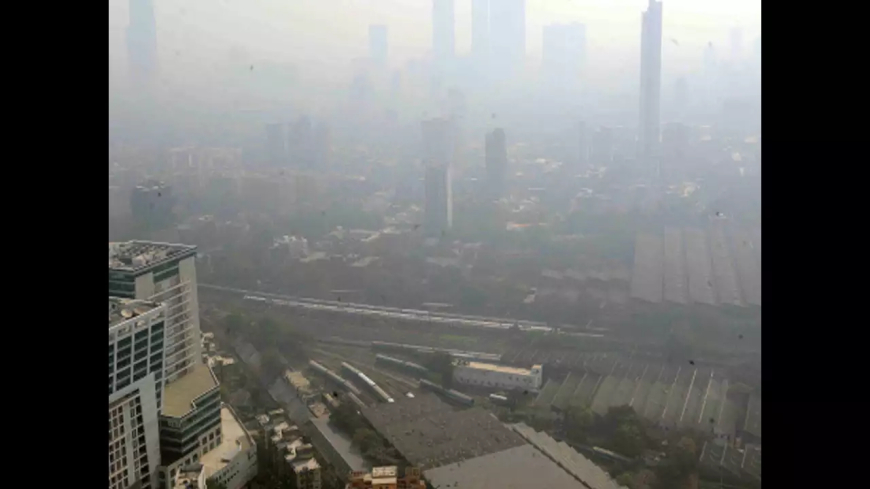
 Previous
Article
Previous
Article

